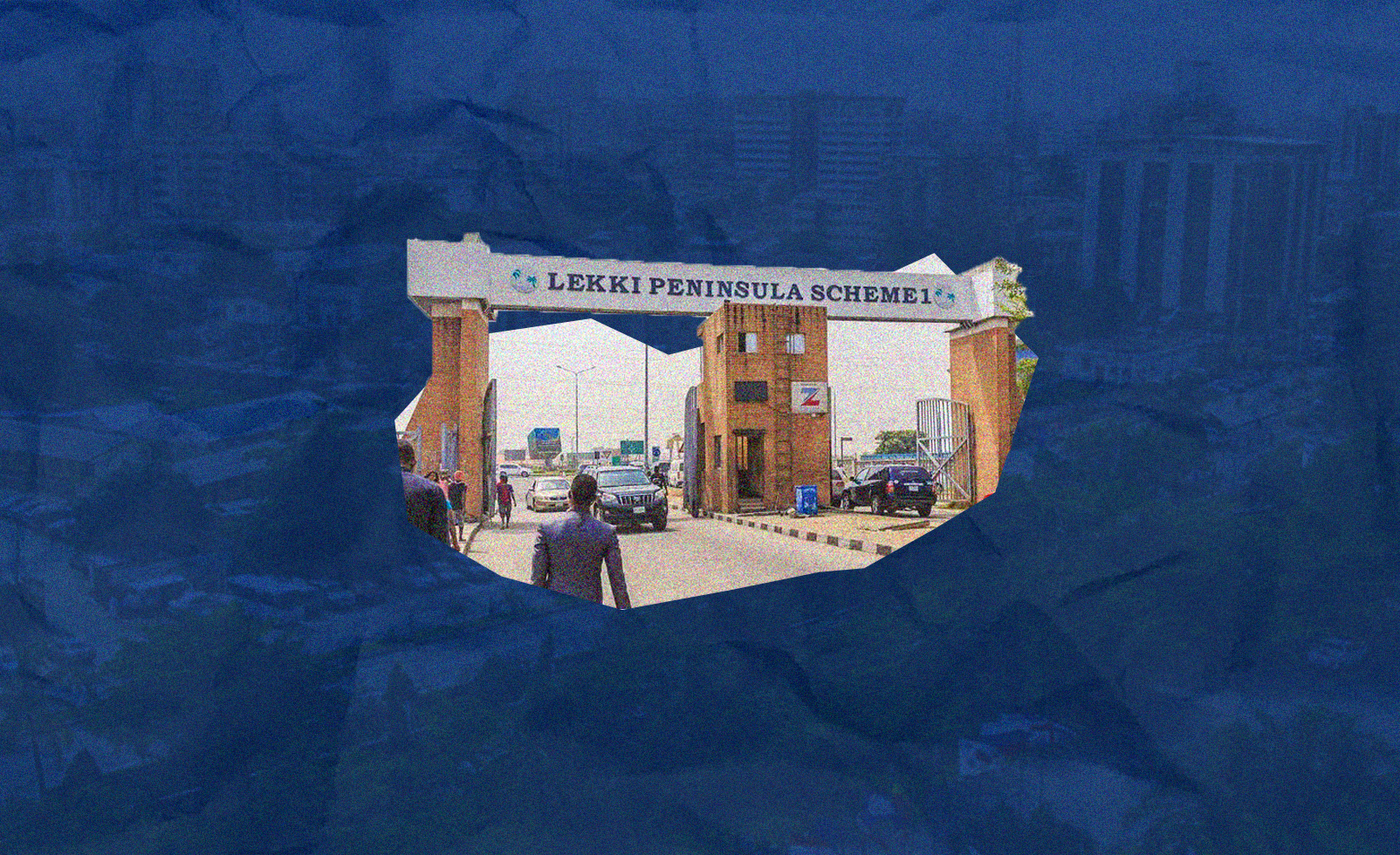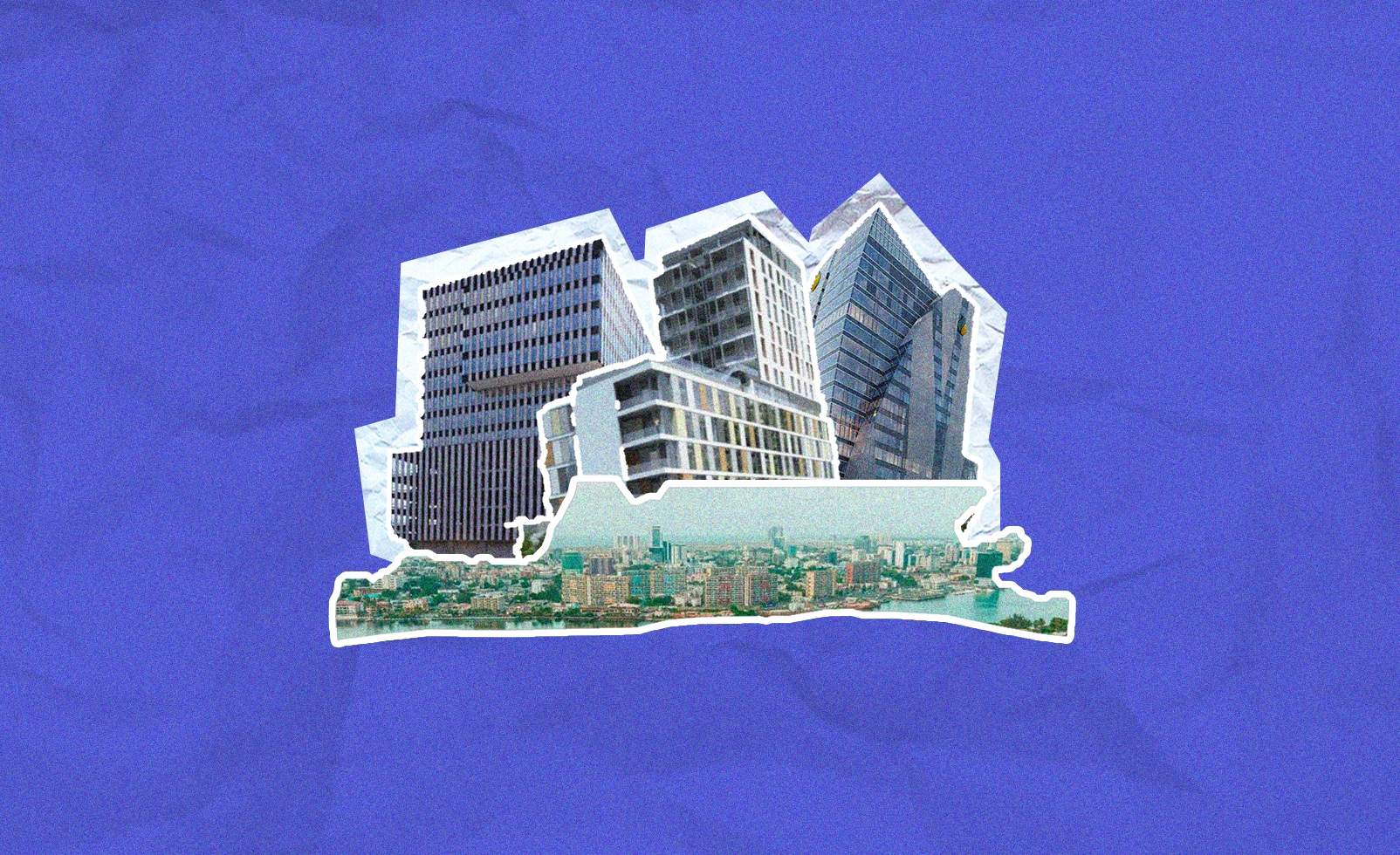Commercial real estate development activity declined by 11% in 2023 across Lagos
Bisi Adedun . 3 weeks ago
Lagos Office
Lagos real etate
lagos residential. lagos hospitality
Lagos retail
real estate pipeline

Share this post
Subscribe to our newsletter
Article Summary: 26th August 2024, Lagos: Commercial development activity in Lagos State declined by 11% YoY in 2023 in the face of Nigeria’s economic challenges underpinned by record-high inflation, and a weakening currency, according to the latest 2024 Lagos Real Estate Development Pipeline Report by real estate research and data company, Estate Intel. According to the report,…
26th August 2024, Lagos: Commercial development activity in Lagos State declined by 11% YoY in 2023 in the face of Nigeria’s economic challenges underpinned by record-high inflation, and a weakening currency, according to the latest 2024 Lagos Real Estate Development Pipeline Report by real estate research and data company, Estate Intel.
According to the report, the office sector recorded a slight increase in its development pipeline at 16.25% of total stock compared to 14% in 2022. As 13% of the pipeline is nearing completion, this is expected to impact occupancy, particularly in the prime real estate segment of the market with key nodes like Ikoyi and Victoria Island expecting 75% of the supply by 2025.
Dapo Runsewe, Senior Analyst, at Estate Intel noted, “The Lagos office market is fully bracing macroeconomic headwinds as rents have been subdued amid concessions to maintain occupancies. However, as companies opt to downsize or exit the market altogether, occupancy rates are being impacted. Notably, Microsoft and Meta, occupiers of Kings Tower recently opted to reduce their occupied space as they downsized their country operations.“
On the other hand, the retail sector continues to be subdued with the bulk of development activity driven by hypermarkets and neighborhood supermarkets. As a result, the larger retail developments make up 70% of the pipeline, which is currently on hold. Interestingly, the 30,000m2 Orca Mall is the only project in active construction over 10,000m2 and the first project of this size to be undertaken in two years.
“As macro conditions continue to erode consumer’s purchasing power, formal retail malls have stayed resilient and maintained healthy occupancy rates at an average of 86% as at Q1:2024. However, we’re seeing increasingly reduced footfalls in the malls outside of the festive season.“
Notably, the hospitality sector remains the best-performing sector of 2023 with a 35% increase in Average Daily Rate compared to 2022. While the pipeline grew to 38% of total stock, the sector’s outlook stays positive as the limited imminent supply creates a balanced market.
Commenting on this performance, Trevor Ward from W Hospitality noted that, “the recovery and resilience of the Lagos hotel market is remarkable, it has outperformed most of the other cities globally, in terms of both demand and pricing. By the end of 2022, both ADR and RevPAR had surpassed pre-pandemic market performance. Increased demand, and very little additional supply, have resulted in pricing power on behalf of hotel managers, with no great resistance from the market, as increasing prices across the board are a fact of life. 2023 ADR was about 35 percent above the 2022 figure, well above inflation; at 2019 values the 2023 ADR is approximately 8 percent higher than that achieved in 2019…”
Still as detailed in our 2024 Lagos Real Estate Pipeline Report, other bright spots exist in Data Centres as they continue to register the highest level of interest from investors, driven by surging demand for digital infrastructure across the continent with supply expected to reach 200MW by 2025. In addition, despite recent exits by multinational companies, the industrial sector is one to be optimistic about as domestic demand continues to drive transaction activity. Finally, the residential sector, particularly the low to middle segment continues to exhibit unparalleled demand as the existing pipeline estimated at 33,000 units falls short of Lagos’ housing deficit estimated at 2.3 million units as the government undertakes mass housing projects to address this.
While commenting on this, Dapo Runsewe, Senior Analyst, Estate Intel, noted, “The macroeconomic climate is difficult to ignore. It has particularly subdued construction activity across the board with developers and investors opting for a cautious approach in general. That said, bright spots exist in the hospitality and industrial sectors. As detailed in the report, Data Centres is an exciting sector to consider as investments are expected to drive supply to 200MW by 2025.
As the new government administration works to meet the housing demand, opportunities exist for private developers to collaborate, similar to the Police Housing Scheme. In addition, informal retail presents an enticing investment opportunity as seen with the growth of chains like Prince Ebeano Supermarket and Bokku! Mart across the State.”
Other insights are in the report. You can download the 2024 Lagos Real Estate Development Pipeline Report here!
-ENDS
For additional information, please contact: insights@estateintel.com
Notes to Editors
Estate Intel is an African real estate market intelligence platform whose goal is to become the starting point for the best African real estate decisions.
We provide superior intelligence using Africa’s largest database of historic property prices, vacancy rates, transactions, and project team data to help institutional investors, governments, and individuals execute property investments with conviction.
As always, we love your feedback! Join the conversation on Instagram and LinkedIn and let us know what you think by sending an email to insights@estateintel.com.
Related News
You will find these interesting

Bisi Adedun . December 2023
According to Estate Intel, the Grade A office market is expecting a major supply glut across Lagos State through the add...
Dangote Towers
Dillon Twin Towers

Bisi Adedun . December 2023
The Quadrant was initially designed to be the Lekki Phase 1 CBD as part of a serene residential neighborhood. However, a...
admiralty way
Central Business District

Bisi Adedun . November 2023
ikoyi office market
Lagos Office